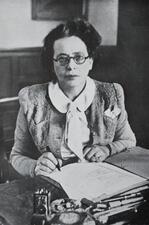Politics and Government
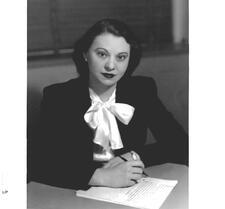
Bessie Margolin
Bessie Margolin was raised in New Orleans’s Jewish orphanage, where she learned powerful lessons in social justice that propelled her trailblazing legal career through the New Deal and Nazi War Crimes Trials to the United State Supreme Court, where she championed the rights of millions of American workers. A reluctant feminist who became the nation’s top fighter for equal pay for women and a co-founder of NOW, Margolin used intellect and charm to open courtroom doors for countless women who have followed.
Lenore Guinzburg Marshall
Lenore Guinzburg Marshall, novelist, poet, activist, and literary editor, pushed her publishing company to publish William Faulkner’s The Sound and the Fury after it had been rejected by twelve other publishers. She published her first novel, Only the Fear, in 1935 and her first poetry collection, No Boundary, in 1943, going on to write poetry, novels, short stories, essays, and a memoir.
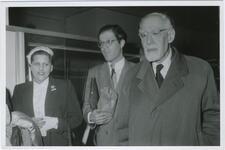
Lilli Marx
Born in Berlin, Lilli Marx emigrated to England as a young adult but returned to Germany, where she helped institute a national Jewish weekly newspaper and worked to create a dialogue between German society and the Jewish community. She contributed to the creation of several Jewish organizations, notably the League of Jewish Women, and continued to work in social work until her death.
Pearl Bernstein Max
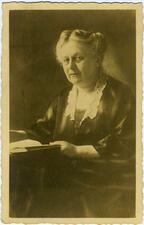
Henriette May
Henriette May was committed to the upbringing of children and care for needy adults. She was active as a board member and editor for Jewish newspaper Jüdischer Frauenbund starting in 1907, established a home for Jewish women teachers in Berlin, and was a prominent member of numerous welfare institutions.
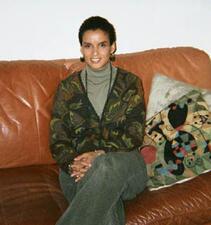
Susan Maze-Rothstein
Ellen Lehman Mccluskey
Ellen Lehman McCluskey, a firm believer that quality design is a result of close communication between architect and interior designer, built her own design firm into a business with national, international, and professional respect.
Portrayals of Women in Israeli Media
Martha Tamara Schuch Mednick
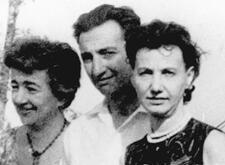
Vladka Meed
Vladka Meed was an underground courier who smuggled weapons to the Jewish Fighting Organization inside the Warsaw Ghetto while passing as a Christian outside its walls. In 1948 she published a memoir about her experiences, On Both Sides of the Wall. Meed received many awards for her work in Holocaust education and memorialization.
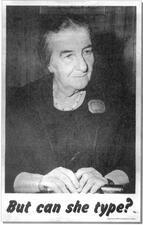
Golda Meir
A direct, no-nonsense politician who participated in Israel’s governance from its independence onward, Golda Meir served as Israel’s first female Prime Minister through the turbulent period of the Yom Kippur War.
Deborah Marcus Melamed
Deborah Marcus Melamed encouraged Jewish women to form their own relationship with Jewish practice through her 1927 book The Three Pillars, an interpretive guide to rituals and customs. Melamed also served as vice president of the Women’s League for Conservative Judaism from 1920 to 1930 or 1932.
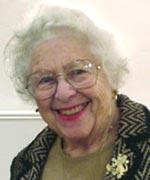
Florence Zacks Melton
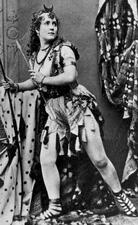
Adah Isaacs Menken
In her short but remarkable life, actress Adah Isaacs Menken became legendary for her scandalous defiance of convention. One of the most glamorous celebrities of the 1860s, Menken also cultivated a literary following. She wrote poetry and developed relationships with Walt Whitman and Charles Dickens, among others.
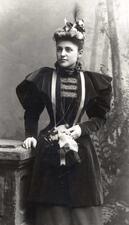
Alice Davis Menken
Alice Davis Menken was an influential social reformer whose many published works had a notable impact on the field of penology. She became interested in delinquency among young female Jewish immigrants while working at a settlement house on the Lower East Side. Menken proceeded to pioneer the argument that therapy, not punishment, is the most effective treatment for young delinquents.
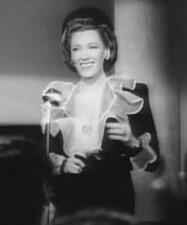
Helen Menken
One of the finest actors of her day, as well as a producer and a philanthropist, Helen Menken devoted her entire life to the American theater. While she was known for playing a lesbian in The Captive, for which she was arrested during a performance, and her role as Elizabeth I in Mary of Scotland, her biggest contribution to theater was creating the 1942–1946 Stage Door Canteen through the American Theater Wing, in which Broadway stars performed for service people.
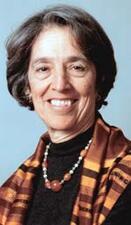
Ruth Messinger
Following successive careers as a New York City politician president and director of a major Jewish organization, Ruth Messinger has become nothing less than an icon of American Jewish progressive leadership. She became Manhattan borough president in 1990. After losing the 1997 mayor’s election to Rudolph Giuliani, she became the president and CEO of the American Jewish World Service, a position she held from 1998 to 2017.
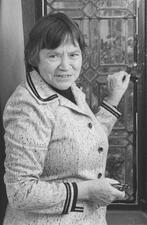
Dorothee Metlitzki
The work of multilingual historian Dorothee Metlitzki showed the importance of Arab contributions to Western thought and the progression of ideas across the entire expanse of the medieval world. Reflecting her academic pursuits, she lived all over Europe, the United States, and the Middle East, learning, teaching, and spreading ideas.
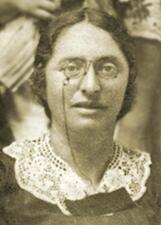
Fania Metman-Cohen
Fania Metman-Cohen set up the first Hebrew kindergarten in Odessa in 1899. In 1905, she and her husband helped establish Palestine’s first Hebrew high school in Jaffa – the Herzilya Gymnasia. Metman-Cohen was also a key figure in the Union of Hebrew Women for Equal Rights in Erez Israel.
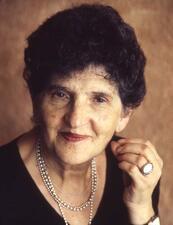
Mexico

Annie Nathan Meyer
Annie Nathan Meyer promoted women’s higher education and founded Barnard College, New York’s first liberal arts college for women. She also chronicled women’s work, dramatized women’s status in plays, novels, and short stories, and raised funds for Jewish and black students to attend Barnard.
Eugenia Goodkind Meyer
A prominent civic leader in Westchester County, New York, Eugenia Goodkind Meyer was a longtime advocate of civil rights. She and her husband founded an urban welfare league offering services to African Americans in White Plains, New York.
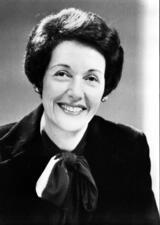
Gertrude Geraldine Michelson
G. G. Michelson (1925-2015) was a corporate and civic leader who was a trailblazer for women. As chair of Columbia University’s board of trustees from 1989 to 1992, she was the first woman to head the board of an Ivy League institution; she was also the first woman on the New York State Financial Control Board. In her 47-year career at Macy’s, she rose from management trainee to senior vice president and, as an executive, negotiated with unions representing twenty thousand employees.
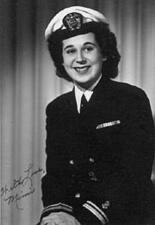
Miriam "Mimi" Miller
